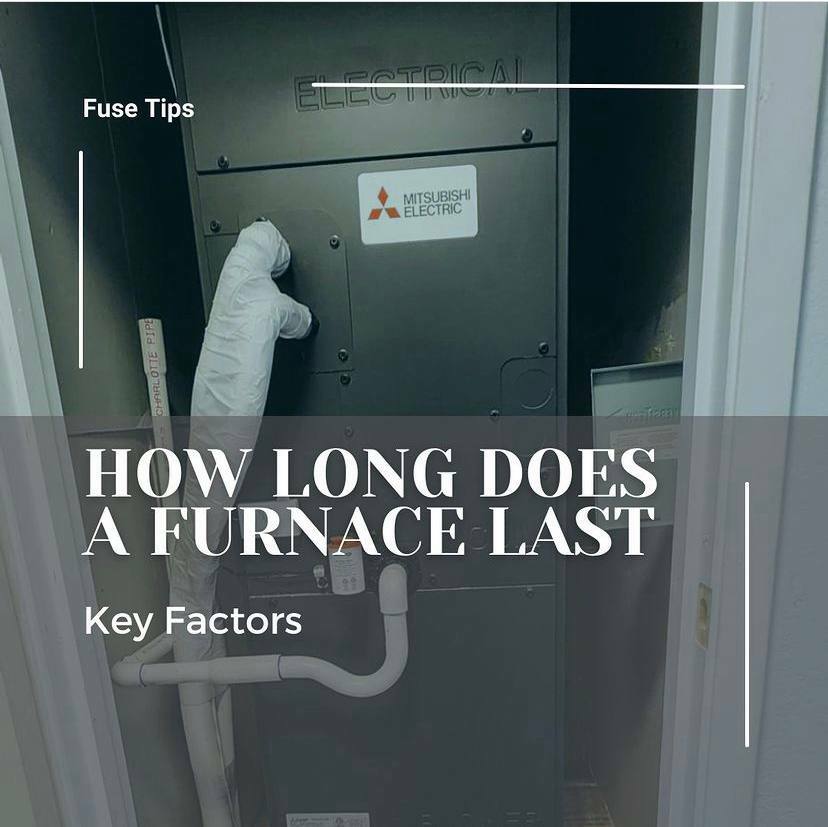FACTORS AFFECTING FURNACE LIFESPAN
• Maintenance: A well-maintained furnace is a long-living furnace.
• Usage: The more often it's used, the quicker it wears out.
• Quality of the Unit: Some are robust and enduring, while others might be more fragile.
• Usage: The more often it's used, the quicker it wears out.
• Quality of the Unit: Some are robust and enduring, while others might be more fragile.
SIGNS OF A FURNACE NEAR THE END
• Frequent Repairs
• Rising Energy Bills;
• Inconsistent Heating
• Strange Noises
• Old age.
• Rising Energy Bills;
• Inconsistent Heating
• Strange Noises
• Old age.
WHEN TO CONSIDER REPLACEMENT
• Age: The average lifespan of a furnace is from 15 to 20 years. If yours is that age, it might be time to consider a replacement.
• Repairs Getting Costly: If your repair bills are skyrocketing, it might be cheaper to replace.
• Inconsistent Heating: Is your bedroom feeling like the Sahara, while the living room feels like the Arctic? It might be a sign.
• Noise Level: If your furnace sounds like a rock concert, it's a sign that it may be time to let go.
• Repairs Getting Costly: If your repair bills are skyrocketing, it might be cheaper to replace.
• Inconsistent Heating: Is your bedroom feeling like the Sahara, while the living room feels like the Arctic? It might be a sign.
• Noise Level: If your furnace sounds like a rock concert, it's a sign that it may be time to let go.
In essence, how long does a furnace last is a dance between its quality and how we care about it. The key lies in understanding its silent signals, regular maintenance, and recognizing when it's time to invest in a new chapter. If you need any help with your furnace, reach out to us - link in bio!
